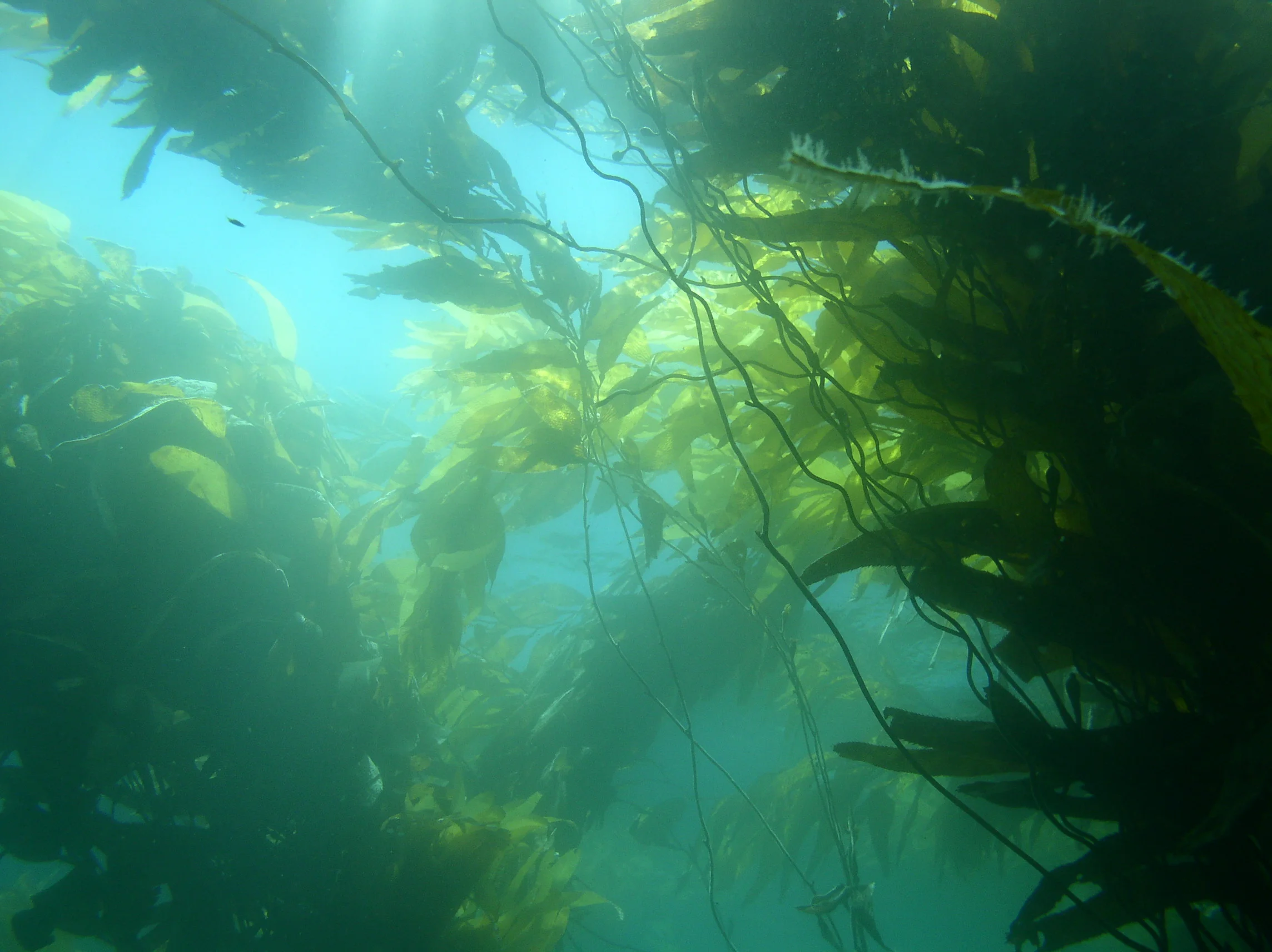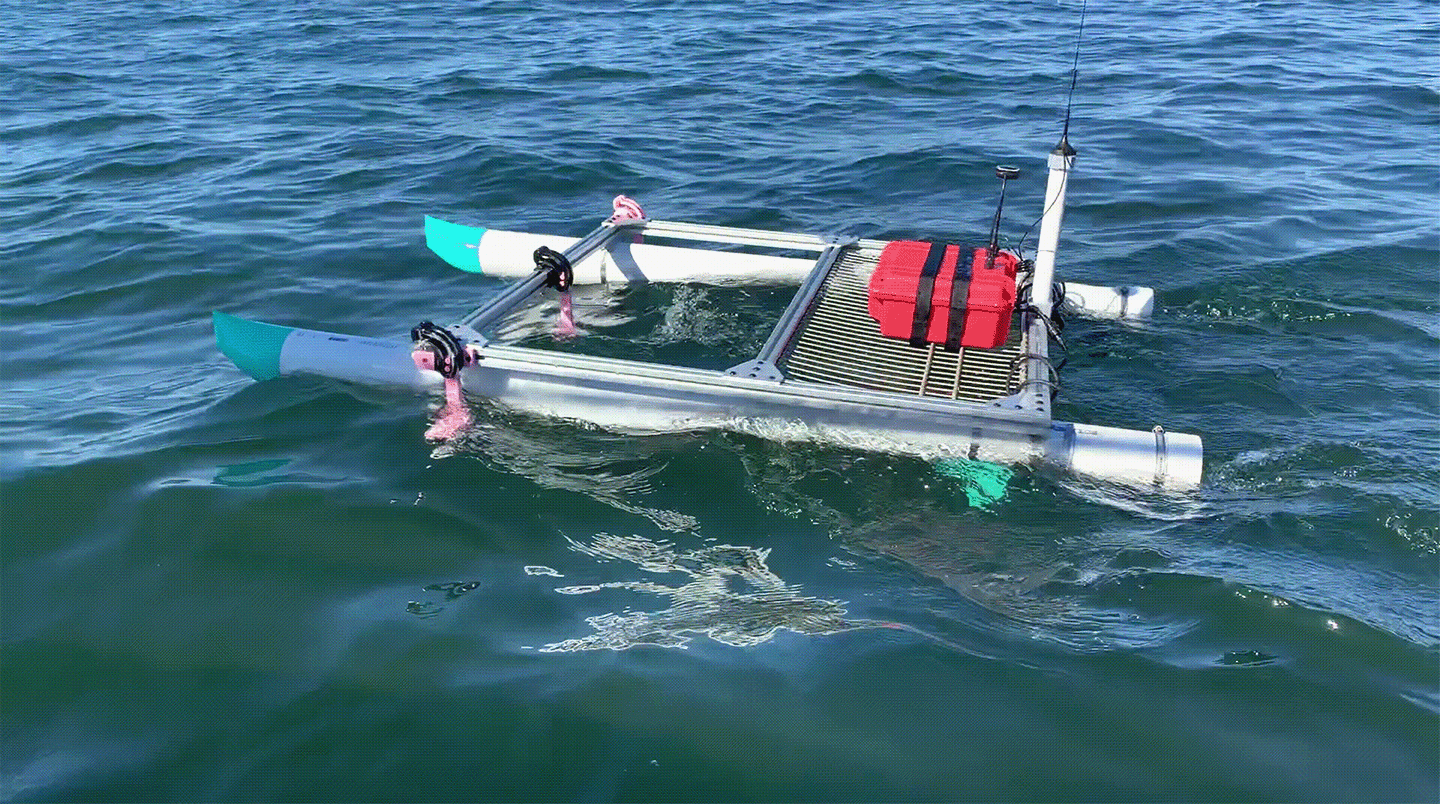CURRENT and recent PROJECTS:
Increasing resilience to climate change and adaptive capacity of Bonaire National Marine Park
(funded by Pew Charitable Trust – Lenfest Ocean Program)
Using autonomous systems to assess the vulnerability of nearshore ocean ecosystems to climate change
(funded by Florida State University’s Sustainability and Climate Solutions Grant Program)
Moorea Coral Reef Long Term Ecological Research Project (Funded by NSF)
Santa Barbara Coastal Long Term Ecological Research Project (Funded by NSF)
Multiscale dynamics of coral reef fisheries: feedbacks between fishing practices, livelihood strategies, and shifting dominance of coral and algae (Funded by the NSF )
Developing an integrated monitoring and assessment framework for evaluating ecosystem service outcomes from seagrass restoration in the Gulf of Mexico (Funded by the NASEM Gulf Research program).
Research Themes
LANDSCAPE DYNAMICS OF CORAL REEFS
Understanding coral reef dynamics requires collecting data on the scales over which reef fish move and fishers make decisions about where to harvest. But most existing data on benthic communities have been collected on much smaller scales. To fill this gap we have been developing automated methods of surveying benthic ecological communities, leveraging autonomous surface vehicles to collect images, and computer vision and machine learning algorithms to identify organisms and substrates and quantify benthic community composition.
EFFECTS OF FISHING BEHAVIOR ON CORAL REEF RESILIENCE
We have been studying how ecosystem and social-ecological feedbacks interact to generate resilience in Moorea, French Polynesia. We couple spatially-explicit ecological models of the feedbacks between corals, algae and herbivorous fish with models of how fishermen make decisions where to fish, and how those decisions change in response to environmental change.
KELP FOREST ECOLOGY
Our work on fishery management and resilience are complemented by my other research on dynamics of nearshore ecosystems. In particular we study giant kelp population dynamics and net primary productivity, global patterns of kelp response to climate change, and mechanisms underlying abrupt state changes in temperate reef systems.
SAMPLING ECOSYSTMS WITH AUTONOMOUS VEHICLES
We have been sampling shallow marine ecosystems with autonomous vehicles (roboats!) which use a combination of photographs and sonar to map benthic communities. Because the vehicles can use GPS to follow preprogrammed tracks with limited supervision, sampling can be done over much larger scales than can be achieved by snorkelers or divers.
SPATIAL FISHERIES MANAGEMENT
Spatial fisheries regulations such as marine protected areas (MPAs) have great potential to improve management outcomes if strategically applied. To improve the design of these regulations, we work with models that incorporate aspects of population biology, community dynamics, economics and oceanography. This work has had both practical and scientific applications. For example, these spatial fisheries models were used to guide the placement of MPAs within a statewide network in California, a process which resulted in the protection of 18% of state waters.





